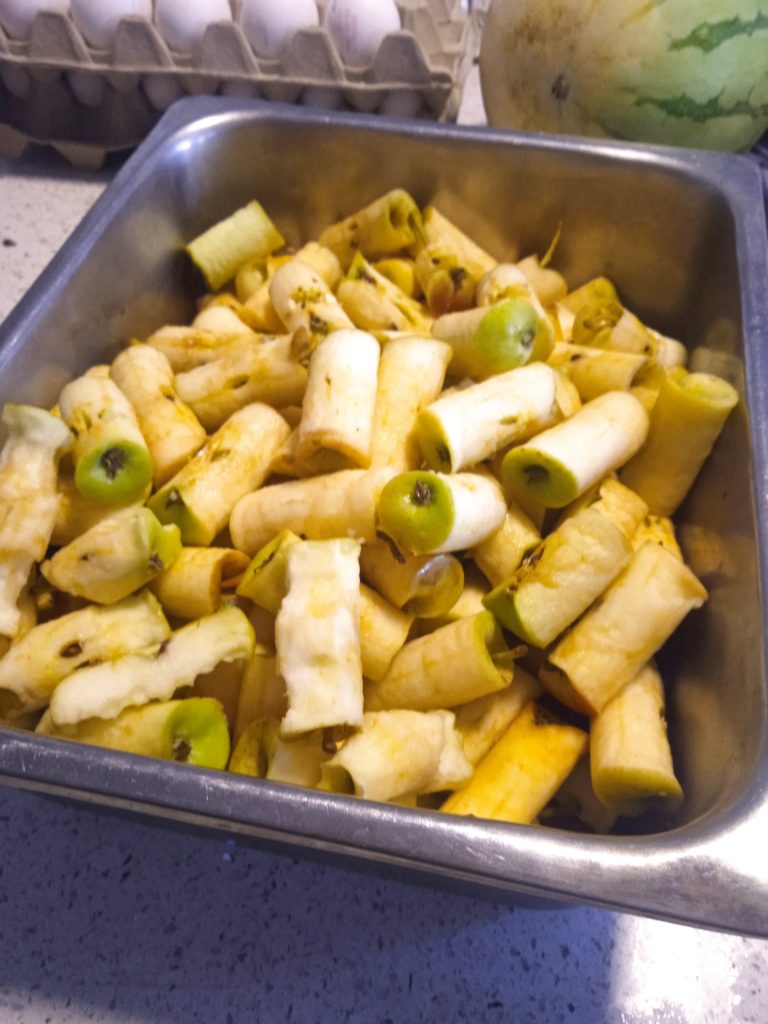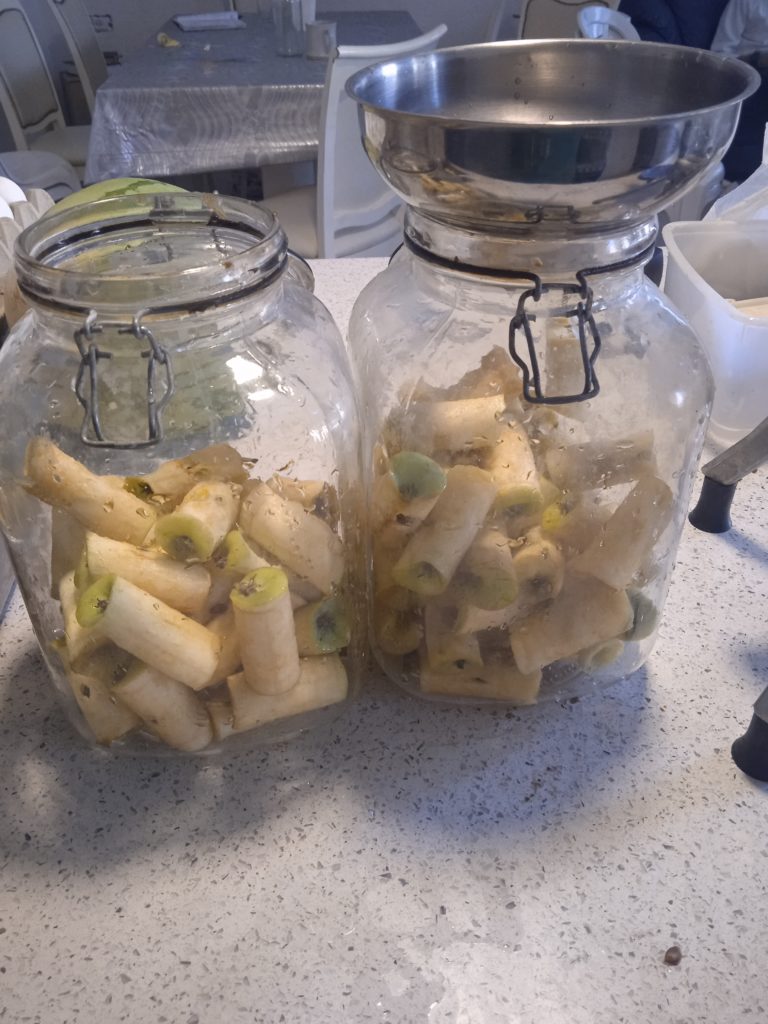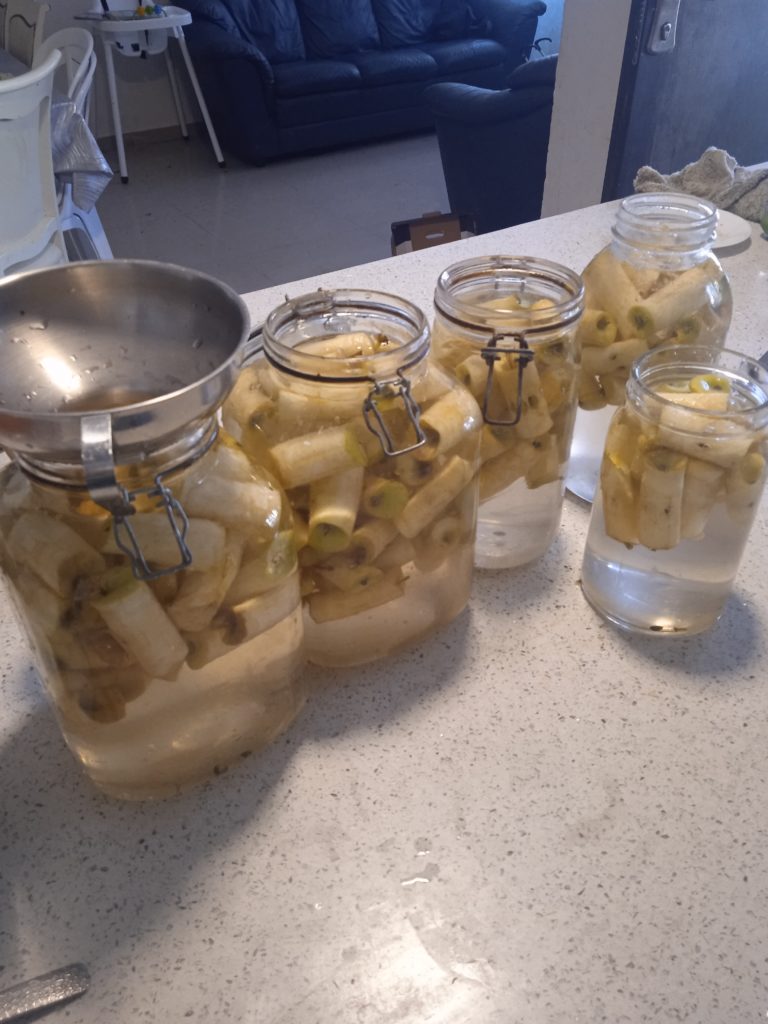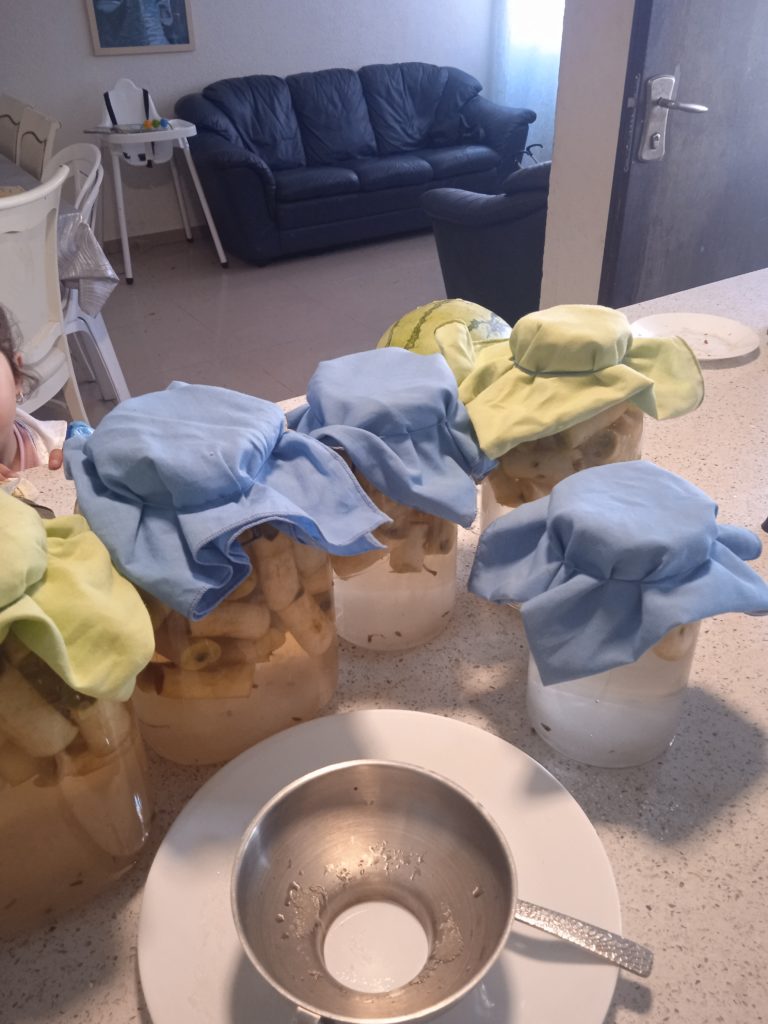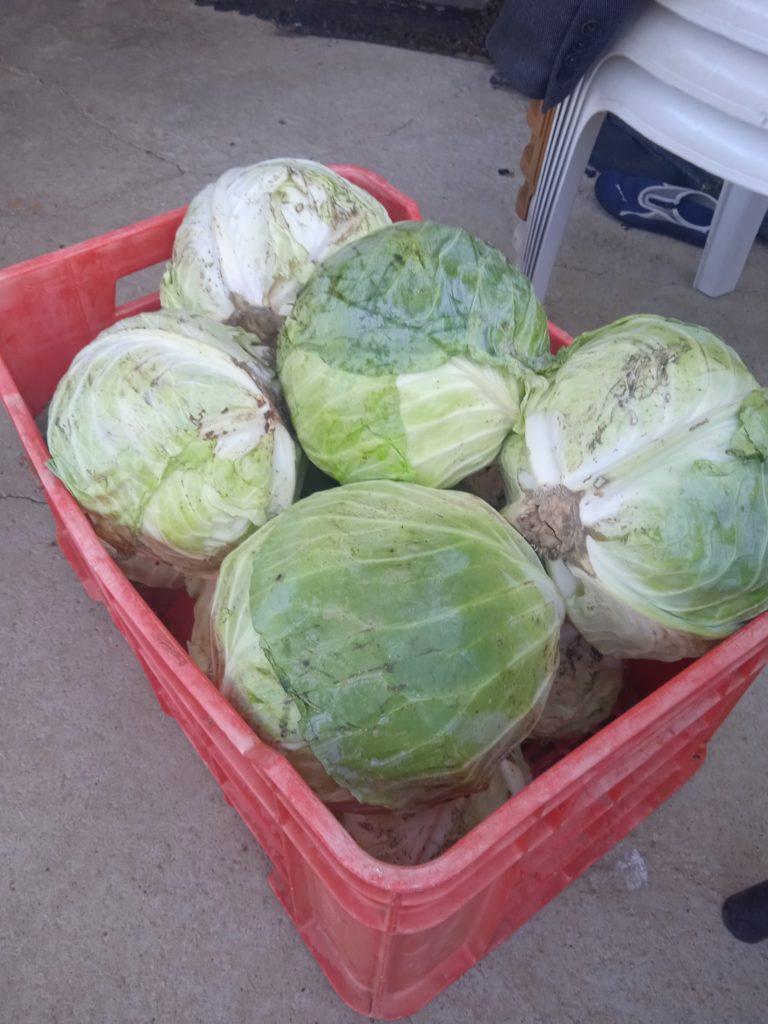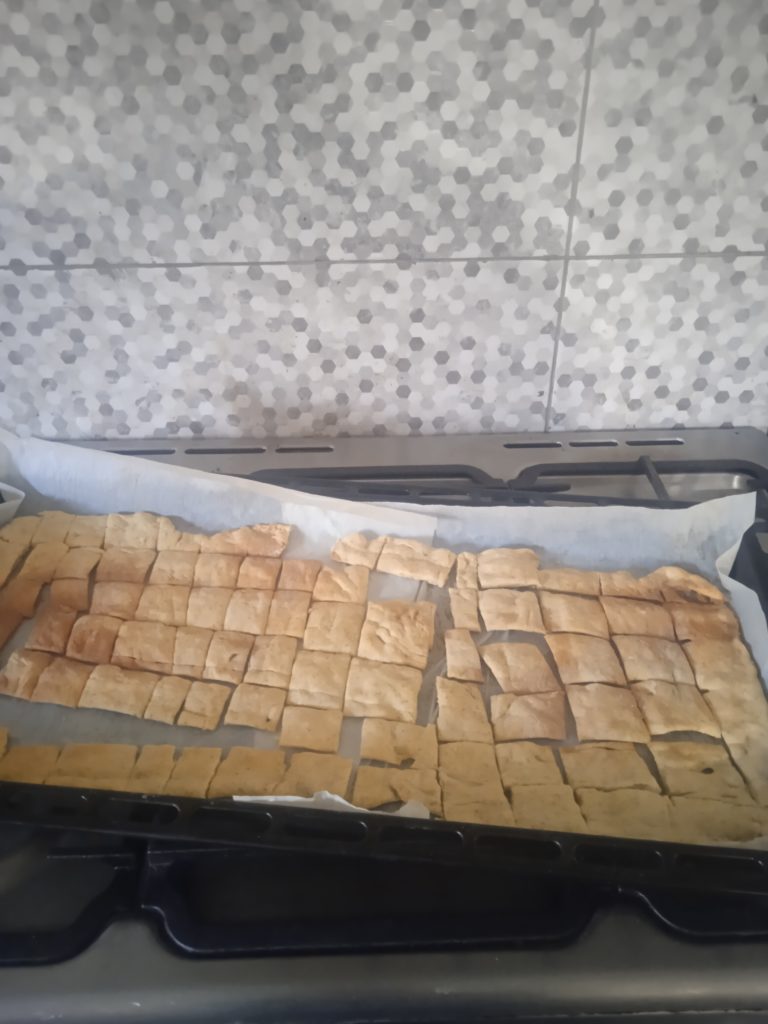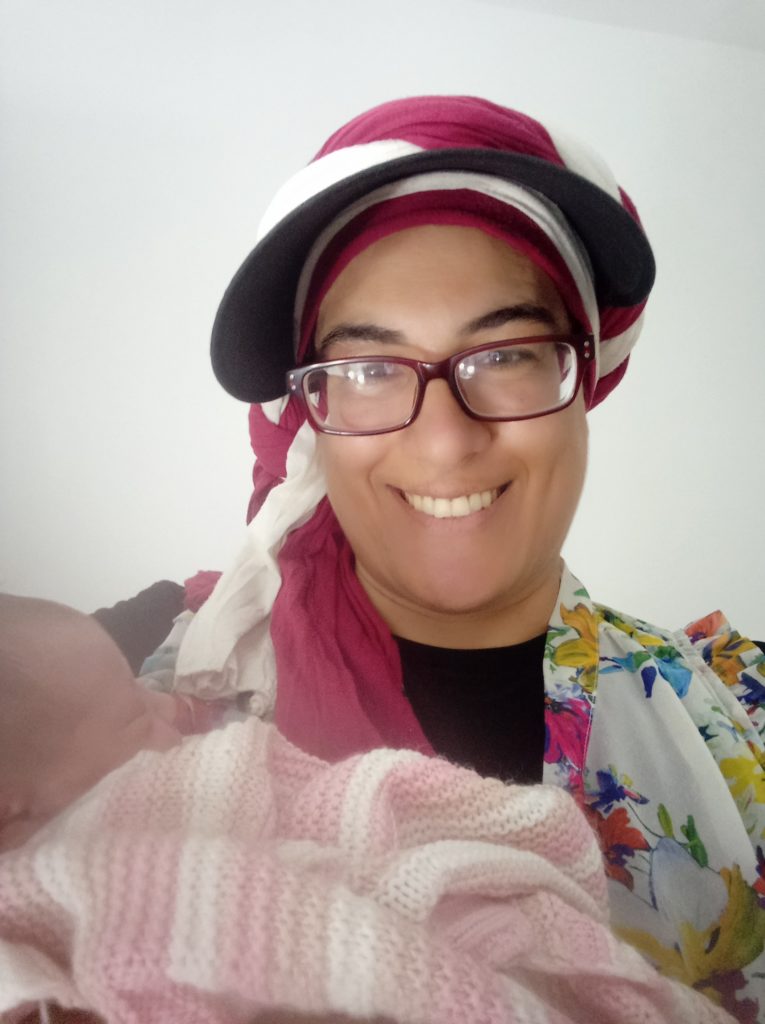When children come into foster care, there’s often a need for neglected doctor visits and dental care to be tended to.
One of the first things I was told by the social worker after the twins’ placement was to get dd6 a hearing test. I took her to the doctor, got the referral for the hearing test, and then submitted it for an appointment. Soon after I was told it was denied because she had a hearing test just a few months before, and that I needed to be in touch with her past foster mother for the results.
Since the results of the hearing test weren’t submitted to the doctor, it wasn’t on her record. I don’t know if their social worker wasn’t notified that it was done or she didn’t notify the committee, but that’s the kind of thing that can happen with foster care. Happily, otherwise all is well with her.
Next, I took ds6 to the doctor to get a baseline checkup for him. It turned out to be very very fortuitous that the local pediatrician on their health plan is actually a pediatric endocrinologist. She requested labwork for him, and when it came back normal, told me she wants to run more tests. Most doctors would have left it at that – his numbers are ideal so there’s seemingly nothing to do.
Since this is her area of expertise, the perfect bloodwork creates another questions and she wants to determine if daily medication is actually necessary – is his blood work perfect because he has the ideal medication amount or does he not need medication at all? There’s nothing in his medical record that indicates why he was given this medication or diagnosis; when there’s an issue like this there’s supposed to be blood work done every three months. His last blood work was in 2019, over four years ago.
She gave me a list of tests he needs; none of which could be performed in either of the two cities a half hour drive away for several months. Since I didn’t want any further delays in having this taken care of, I took the earliest appointments available, regardless of distance. That resulted in an hour and a half drive for the first appointment, only to be told that I needed an additional doctor to do this test with the technician, and that doctor wasn’t available at that location. Not only that, the receptionist didn’t know when or where or how I could schedule an appointment with both of these people simultaneously if I called the scheduling hotline.
The receptionist was very apologetic and so helpful. Early the next morning she took the initiative to directly contact the only technician in the health clinic staff who has the expertise to perform this testing without a physician. She told me that if I got to a different city (also over an hour away) within the next few hours, he would take us without an appointment. I had plans for the morning and all the kids were home, but off we went, hoping to make it before it was too late. Thankfully we made it.
I took those results back to the pediatrician. That test brought up another concern that necessitated a visit to a different specialist in – yes – a city over an hour away. I was able to get an appointment a couple of days before Rosh Hashana. She was an older Russian physician, who harshly asked me why I waited until he was six to take care of something that should have been done when he was two. I covered the ears of ds6 and told her I’m his foster parent and am trying to get all of this taken care of as quickly as I can. As soon as she heard that her judgmental attitude and icy demeanor dissolved.
The next morning I took him to the dentist to get his teeth checked out. Amazingly, he had no cavities. I don’t even understand how that’s possible but I was so relieved. Afterwards we did some shopping together to make it a special Mommy outing for him, before taking him back to school. It’s always nice to have one on one time with children, and he loved it.
The most recent specialist visit resulted in a referral to a hospital procedure that ds6 will need. The last time I called this hospital I spent twenty five minutes waiting for a person but did get someone, and hopefully by the end of this week I’ll have that appointment made.
As far as hospital appointments, I’m still waiting to have a different test scheduled at a different hospital. (The hospital closest to me doesn’t perform this testing for children under ten.) It took a month of calling until I got a live person to tell me that I needed to submit the referral by fax or email. To do that, I had to return to the doctor and request that the referral be printed out since the hospital can’t access the computer records, then have it sent it. It’s been several weeks and I haven’t yet heard back from them.
Once I have all of this testing completed, I can go back to the pediatrician to evaluate what is going on with him. It’s been really busy taking care of all of this on top of the other things going on, but I’m so appreciative of her thoroughness and expertise, and hope that soon we’ll have resolved the issues that need to be addressed and have clarity about if there’s anything else he needs to stay healthy.
Avivah
